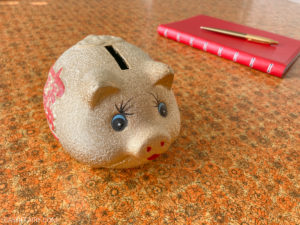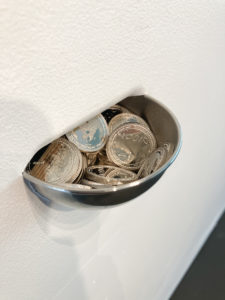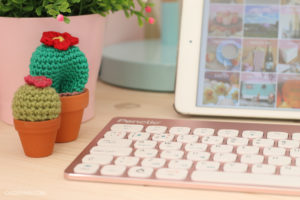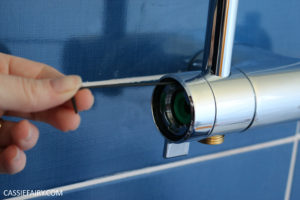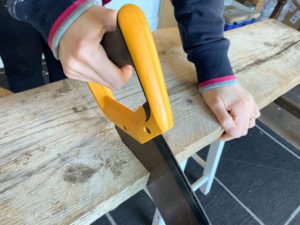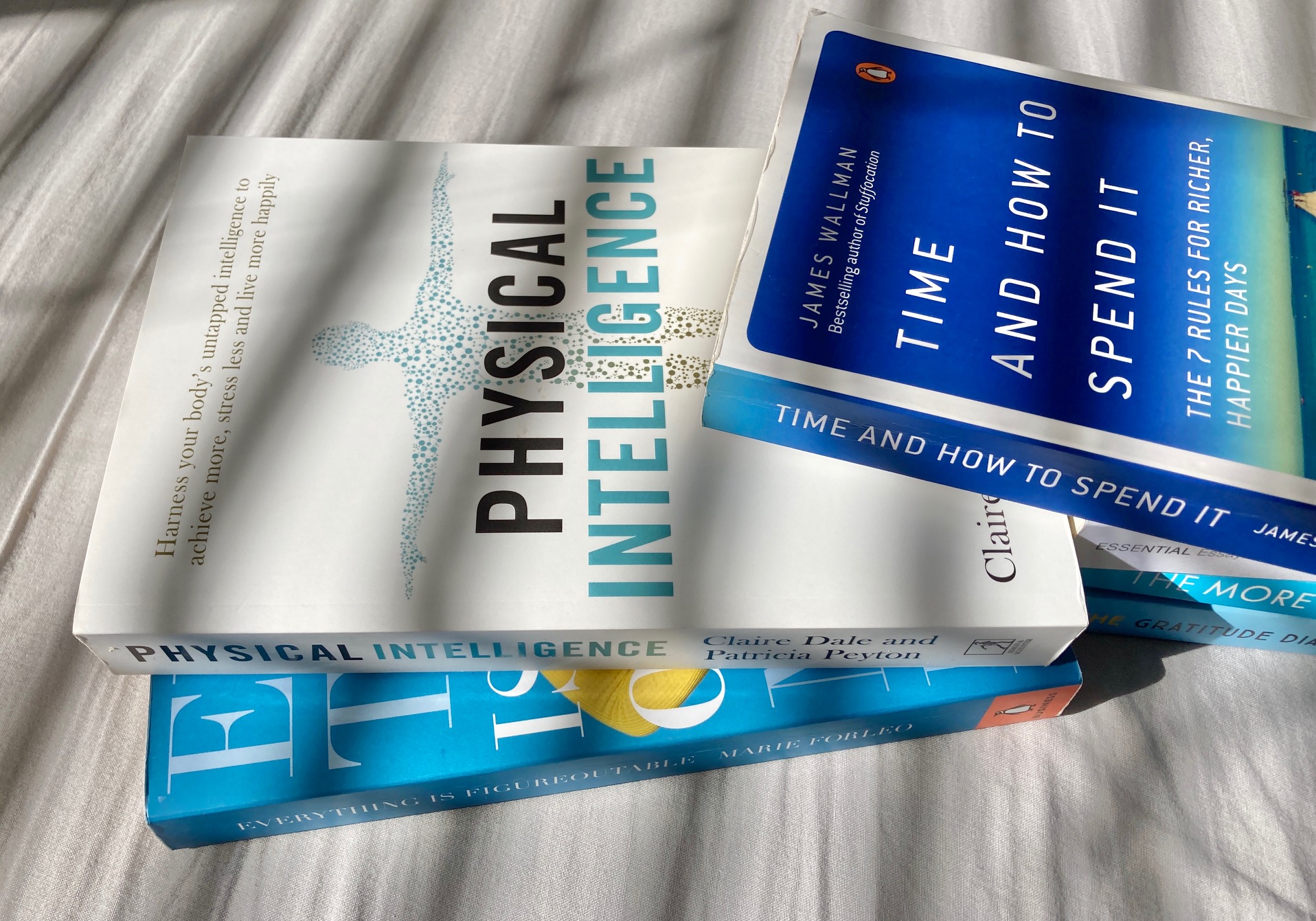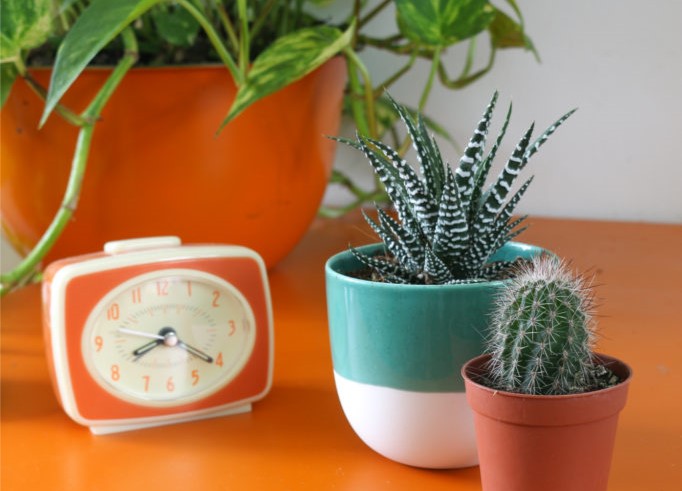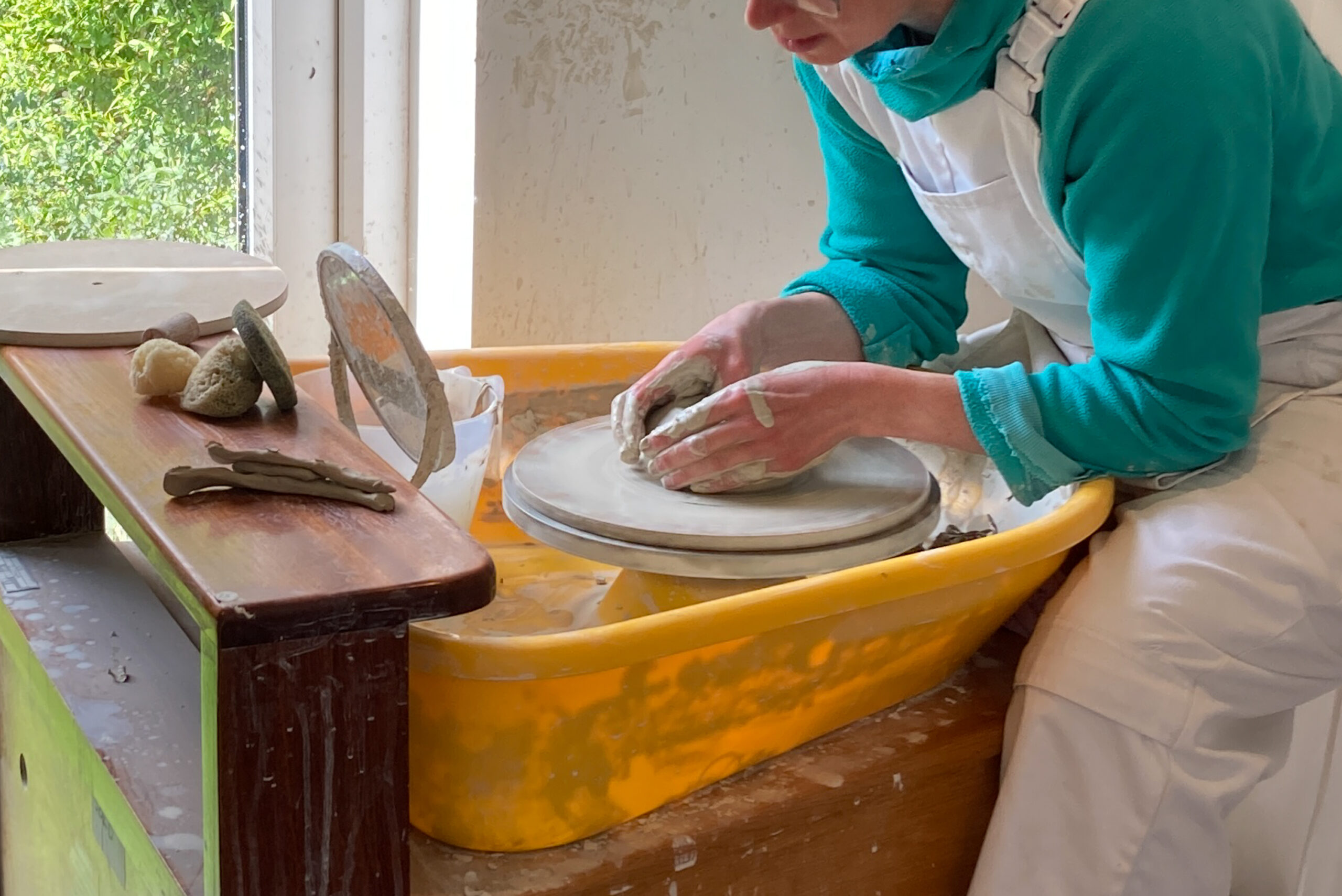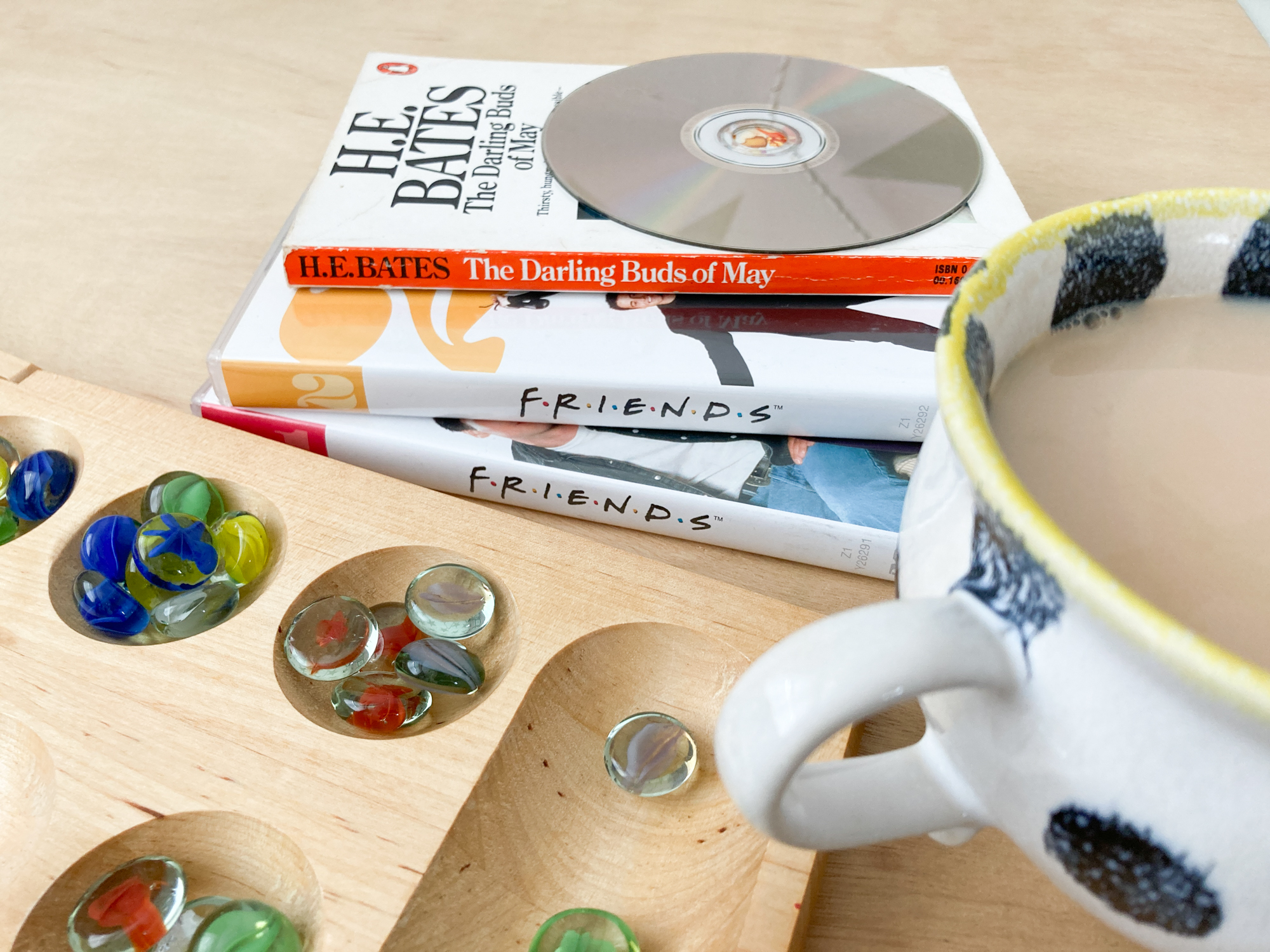If you’re a fan of reading like me, you’ve probably already been practicing bibliotherapy without realising it. And it’s not just about reading self-help books – although that plays a big part in it – the enjoyment you get from fiction is can also benefit your mental wellbeing. Here’s more about bibliotherapy and how you can use it to learn more and feel happier…
Although the term ‘bibliotherapy‘ may conjure up an image of a huge stack of self-help books, it’s as much about the process of reading as the topics you choose to read about. The word itself is made up of the Greek words for book and healing, and was used in hospitals in World War I to help veterans process their emotions. If you’ve ever found yourself lost in a good fiction book, and it has taken you away from all your troubles, that’s a good example of reading for mental wellbeing.
Much like other slow-living practices, such as yoga, meditation, art and playing music, reading helps you to relax and take some time for yourself. After all, you can’t be rushing around and doing other tasks while reading a book, can you? It’s about slowing down, resting your body and immersing yourself into an activity.
This allows you to ‘switch off’ your mind from any worries and stresses and can bring you back into the present. If you find your thoughts drifting off (as can happen during meditative activities) the words will always draw your attention back to the page.
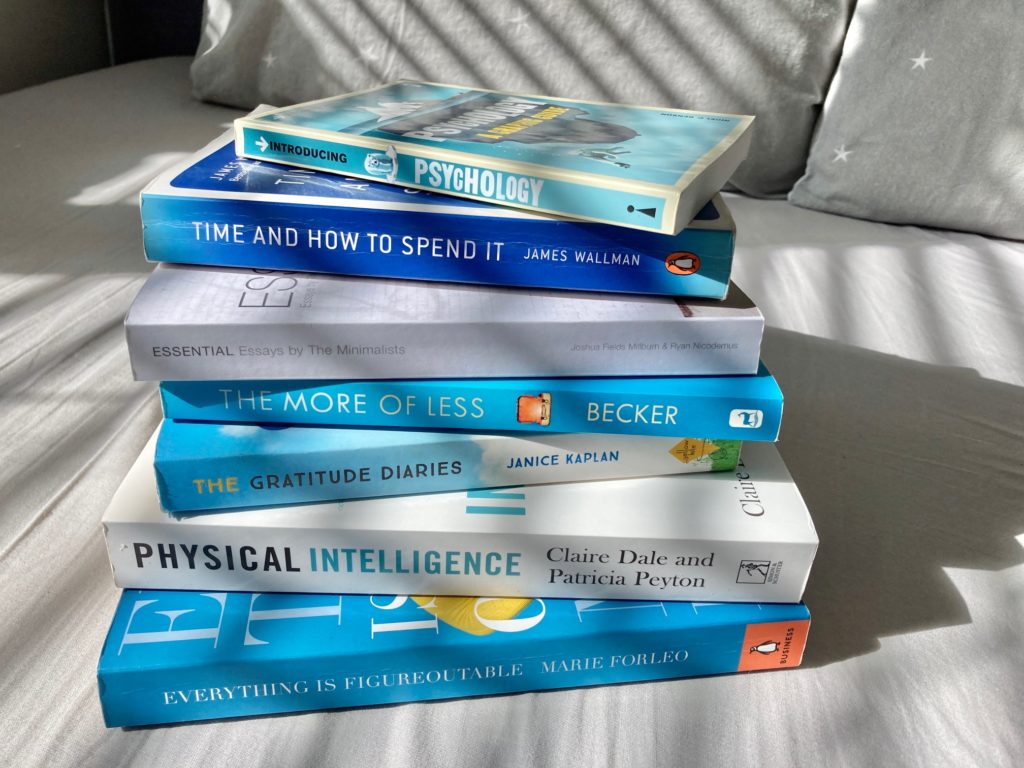
Of course, non-fiction self-help books are as equally important in boosting your mental health. You can choose a topic that you want to learn more about, which can help you to understand more about yourself and suggest ideas for improving your life in that area. Counsellors and doctors can often ‘prescribe’ a book for you to read and you can find a handy list of recommended books for help with stress, addiction, self-esteem, depression, anxiety, family issues and more on the BetterHelp website.
It can be harder to achieve that immersive feeling when you’re reading a non-fiction book as the topics will certainly get you thinking about how you can apply the ideas to your own life. But that’s the whole point of self-help publications; the purpose to is to help you understand the ‘why’ behind your thoughts and actions, which is the first step in improving your issues.
When you’re enjoying a spot of bibliotherapy there will often be an “ah-ha!” moment when everything suddenly clicks into place. You understand the problem and can see a way of improving it. It could help to improve your own life, your relationships, your business, your physical health, your mental health – whatever topic you’re looking for assistance with. It certainly makes all that reading worthwhile!
Personally, I always have two books on the go at any one time: one fiction book and one non-fiction. I tend to read fiction when I want to relax after work or just before bed, and I read the non-fiction book when I wake up in the morning or if I have some spare time during my working day. Starting the day by learning something new is a brilliant feeling. Just look at all these tabs I’ve added while reading to mark out useful information that I might need again:
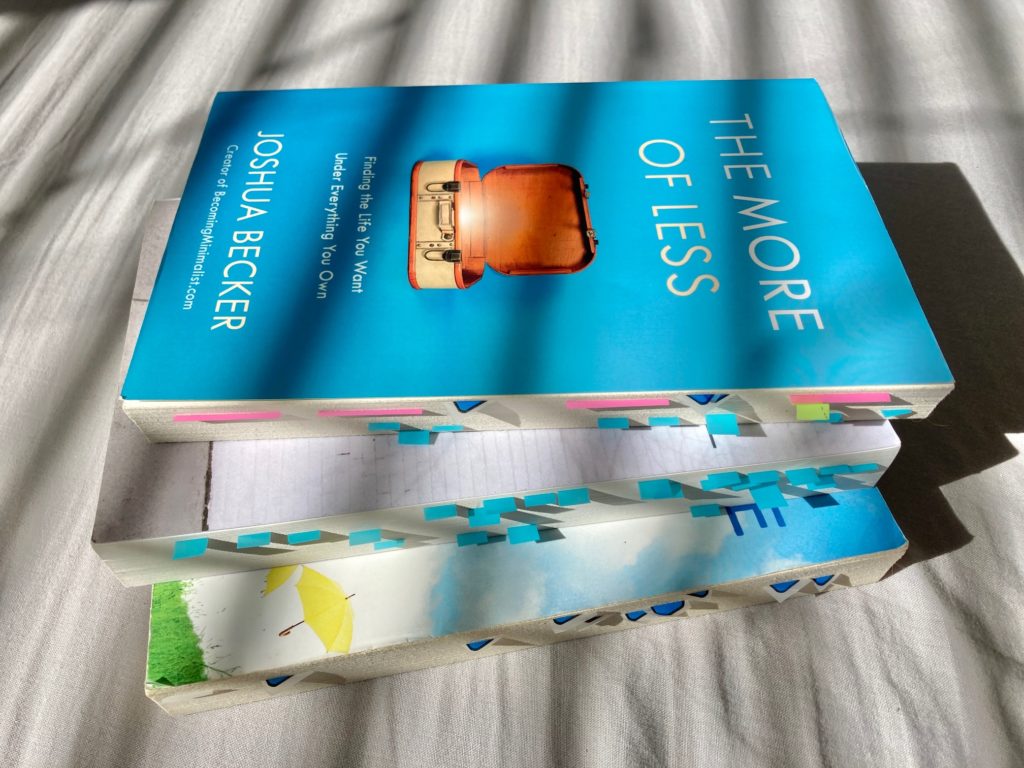
You don’t need to spend lots of money on buying book after book to benefit from bibliotherapy. There are plenty of places that you can find books to read for free and the first place to look is your local library. My library uses the Libby app to allow library members to access ebooks for free using their library card. At the moment I’m reading The Alchemist by Paulo Coelho through my local library via the app.
If you’re an Amazon Prime subscriber you can access free ebooks through Amazon Prime Reading – something that I only found out about last year and it’s been great to read lots of books for free through my phone and tablet. Of course, there are other options to read ebooks with subscriptions to Kindle Unlimited and there are some freebies available through the Apple Books – I’m currently reading Dickens’ Great Expectations with that app.
I also use an app called Blinkist, which offers one free daily self-help ‘Blink’. A Blink is a handy summary of the chapters of the book, making it easier to digest the main messages of the book and allowing you to decide whether to read the whole thing in the future. There’s a subscription option but I just like to see what the Blink Of The Day is and learn something new that I might never have discovered by myself.
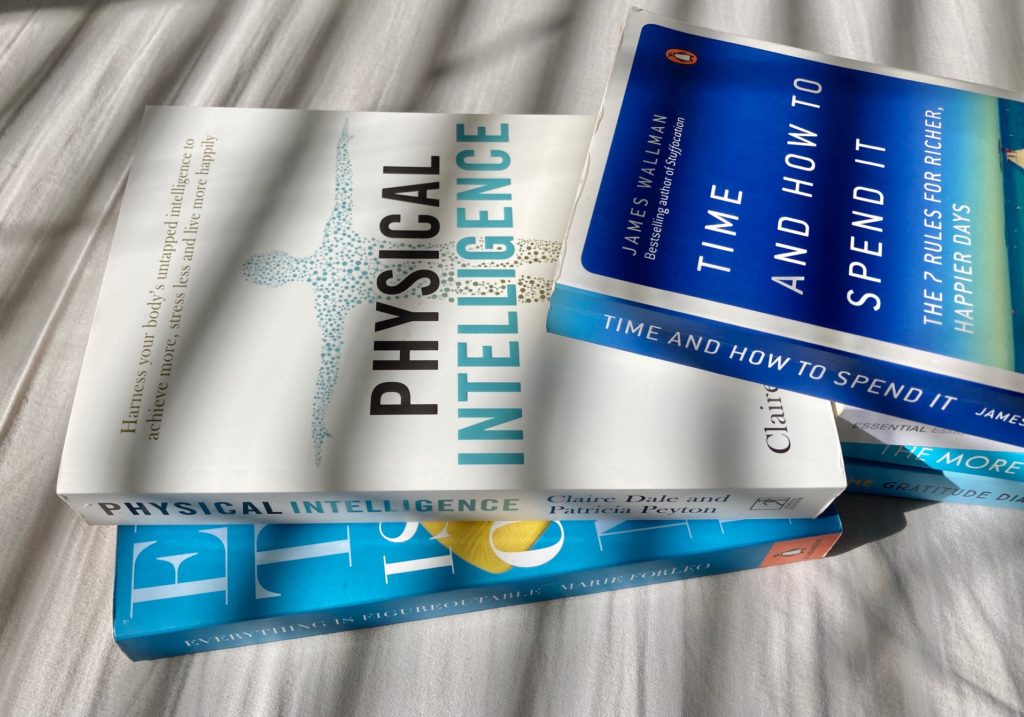
I also have a stack of physical books that I’m reading my way through – next on my to-read pile is Physical Intelligence by Claire Dale and Patricia Peyton and my next fiction book is Heartburn by Nora Ephron – a Christmas gift from my friend. There are some fabulous new released coming out at the end of April that I’m super-excited to read including 21 Breaths by Oliver James (out on 30th April), which explores the science behind breath and is a practical guide to the rising trend of breathwork, revealing how anyone can transform their life using simple breathing techniques. And I’ve pre-ordered Heidi Swain’s next non-fiction book A Taste of Home, being published on 29th April – can’t wait!
So, you can probably tell that I’m a big fan of bibliotherapy as a wellbeing technique and I would like to recommend that you give it a try. If you feel like you simply don’t have the time to sit down and read a book (whether a physical one or an ebook) that’s probably a sign that you need to stop and read.
Feeling rushed, stressed and overwhelmed can all be helped by carving our a bit of time for yourself and sitting down with a good book. Even if it means prioritising reading over something else, at least you’ll benefit from the mental wellbeing boost of bibliotherapy and will feel better able to tackle those tasks in the future.
Let me know what you’re currently reading and any self-help books that you would recommend. Also, I’d love to hear how you make time for reading so please let me know in the comments below 🙂
PIN IT FOR LATER
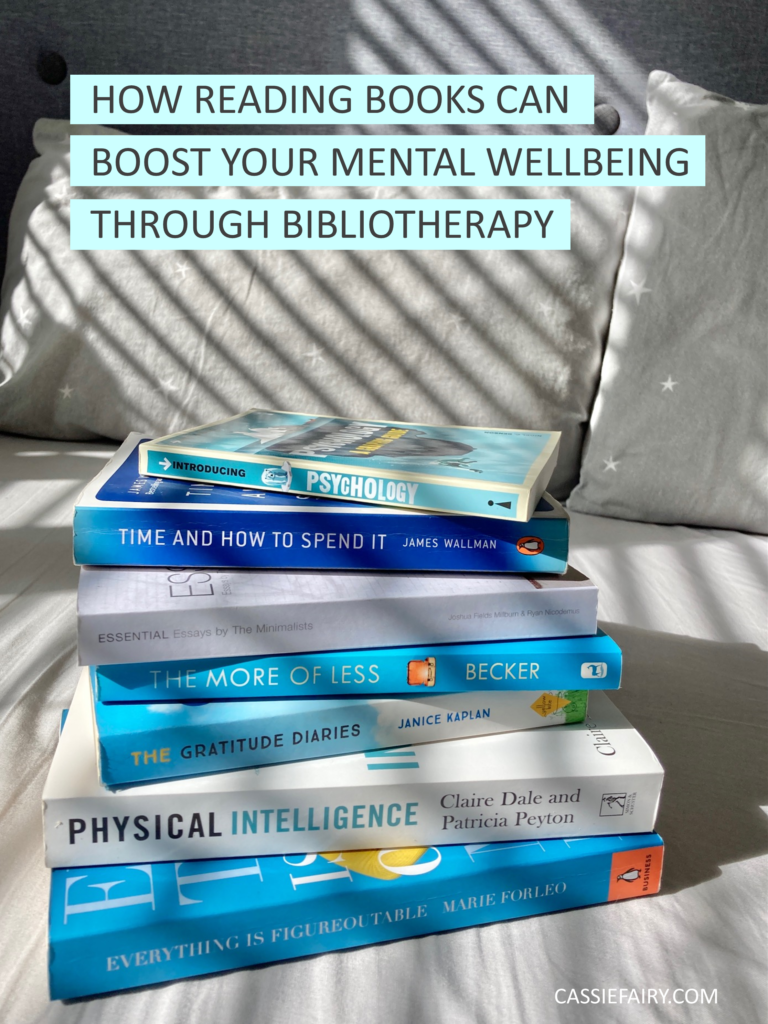
This article is a sponsored collaboration. The pink links in the content indicate a sponsored link or information source. The blog post reflects my own experience and the sponsor hasn’t had any control over my content 🙂
The pink links in this blog post indicate an affiliate link, sponsored link or information source. All thoughts and opinions in this post are based on my own experience and I am not responsible for your experience.








